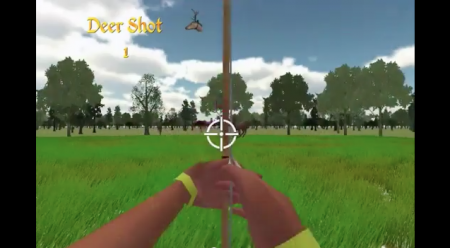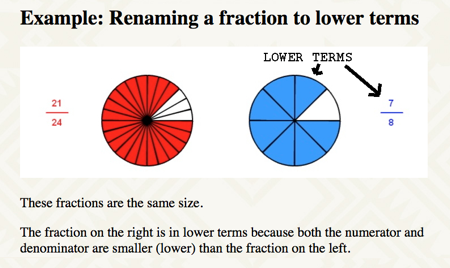“I’m not Tom Cruise.”
When a middle school math teacher said this, my initial response was,
“No, duh.”
He was irate, though, because this extremely qualified, knowledgable teacher had been told by his principal that he would not have any students failing in his class if he “made class more fun and entertaining”.
What our knowledgable teacher said to me,
“Our new principal doesn’t seem to believe that math should be any work. It should be just like watching TV and require the same amount of effort.”
Listening to him, I was reminded of the expectations some people have for our educational games. Our games are fun. There is canoeing down rapids in a virtual world (Forgotten Trail – runs on Mac, Windows and Chromebook), watching videos to earn points that you can spend to outfit your tipi (Making Camp on computers or on iPad) ,hunting buffalo (Spirit Lake- runs on Mac, Windows) and spearing fish (Fish Lake – runs on Mac and Windows ).
ARE YOU NOT ENTERTAINED?
I am not making this next quote up and I hear it all of the time!
That’s great that you have the game play, but couldn’t you have them learn math without realizing it? For example, when teaching about equivalent fractions, couldn’t you make it more fun and not look so much like math?
Here is an example of a page on equivalent fractions.
This is where you end up if you missed an in-game problem twice and you selected to learn about equivalent fractions. Before you got here, this happened:
- You watched a video that begins, “Who wants to die?” The game character explains that if the amount of food was going down, as in the number of fish over a foot long, you could starve to death. Rather than waiting until you were dying of starvation, you could decide if the fraction of fish over 1 foot long you caught this week was less than the fraction you caught last season in this same lake.
- You were presented a problem giving the number of fish caught this week – 16, and the number over a foot long – 2, also, the number caught last year – 125, and the number over a foot long.
- You had the option to get a hint on how to solve the problem.
- You still got it wrong, twice.
At this point, it is a reasonable assumption that you don’t know how to reduce a fraction to lower terms. You can choose from two videos or this series of pages with voice over and some interactive activities that show fractions regrouping to lower terms.
I have heard the objection, just like my non-Tom Cruise educator,
“Some people don’t like it. It’s boring. Can’t you make it more just like the game?”
We do that in some cases, like the magnets game in Making Camp, but it’s a lot easier to do with drill and practice activities than teaching a concept. (Please don’t get me started on discovery learning today. I hated that as a student. I knew the teacher knew the answer and felt he or she was just wasting my time. That is a rant for another blog.)
Arguments about teaching methods aside – maybe you love discovery learning and are awesome at it, tell me about it in the comments, seriously, I’m interested – what really bothers me is the assumption that nothing should ever be boring, nothing should ever be work.
Do what you love and you’ll never work another day in your life is bull##%%.
I love my job, I really do, but there are still some days that I have to do tasks I find boring. Reading government documents is high on that list, everything from tax regulations to articles of incorporation. No matter what your job, there will be parts of it you don’t like, that you find hard or boring. You still have to do them.
My husband is a terrific software developer and he writes programs for fun in the spare time he is not writing code for money. However, one day, he came home from work and my lovely niece asked,
How was work, Uncle Dennis?
He replied,
Work sucked. That’s why they had to pay me to show up.
My point is that we are doing students a disservice by trying to make everything fun, exciting and easy, Now, if you’ll excuse me, I have to go load the dishwasher.



